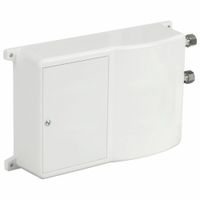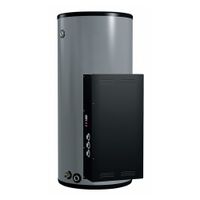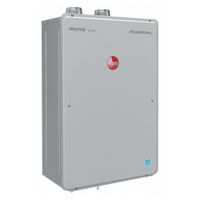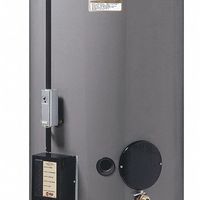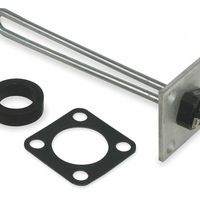Water Heaters
Water heaters use cold water from the water main and heat it using electricity or combustible gases such as propane or natural gas. Some units use an insulated tank to store hot water for later use while others produce hot water on demand. Gas water heaters with tanks burn a combustible gas to heat .....Read More
Frequently Asked Questions
What size water heater do I need?
How do I choose between a tank and tankless water heater?
What is the average lifespan of a water heater?
How do I maintain my water heater?
What are the signs that my water heater needs to be replaced?
How much does it cost to install a new water heater?
What are the benefits of a gas water heater versus an electric one?
How do I flush my water heater?
What is the difference between a gas and electric tankless water heater?
How can I improve the energy efficiency of my water heater?
